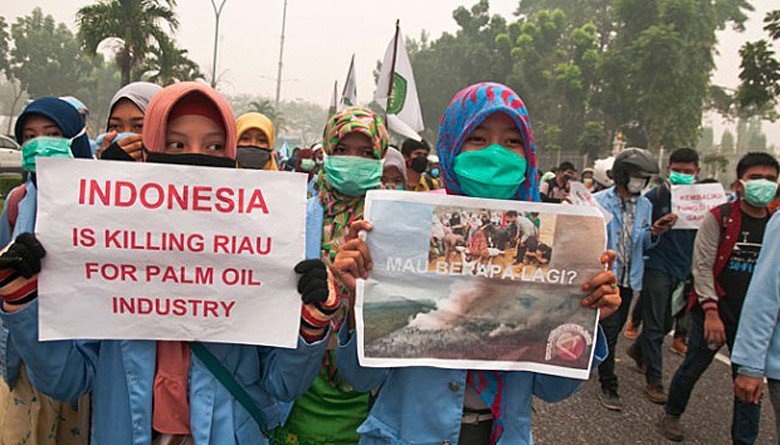Rizal Effendi Lukman, the deputy for international economic cooperation at the Office of the Coordinating Economic Minister, said the bilateral offset credit mechanism would amount to US$150 million during its three-year implementation in Indonesia.
He said the mechanism would allow Japanese companies to earn carbon credits by helping Indonesia cut its carbon ( CO2 ) emissions.
Rizal added that since 2013, 108 project feasibility studies had been conducted under the JCM scheme. So far, 28 projects in various sectors are in the pipeline.
"From $37 million worth of Japanese grants received, there could be $113 million worth of investments drawn into Indonesia. Thus, in total, there is more than US$150 million worth of project investment in this country," Rizal said after a national seminar to strengthen the three-year partnership, in Jakarta on Monday.
Coordinating Economic Minister Darmin Nasution said the JCM, as a unique collaboration of grants, investment and low carbon growth, was proven to be favorable in Indonesia’s business context, not only in terms of emission reductions but also in encouraging the private sector’s role in reducing emissions.
"Under the program, we have several initiatives, including promoting renewable power supplies, waste management, low carbon activities and CO2 reduction, while at the same time we continue to maintain the private sector’s productivity," Darmin said. (ebf)
Source: The Jakarta Post | 29 August 2016














